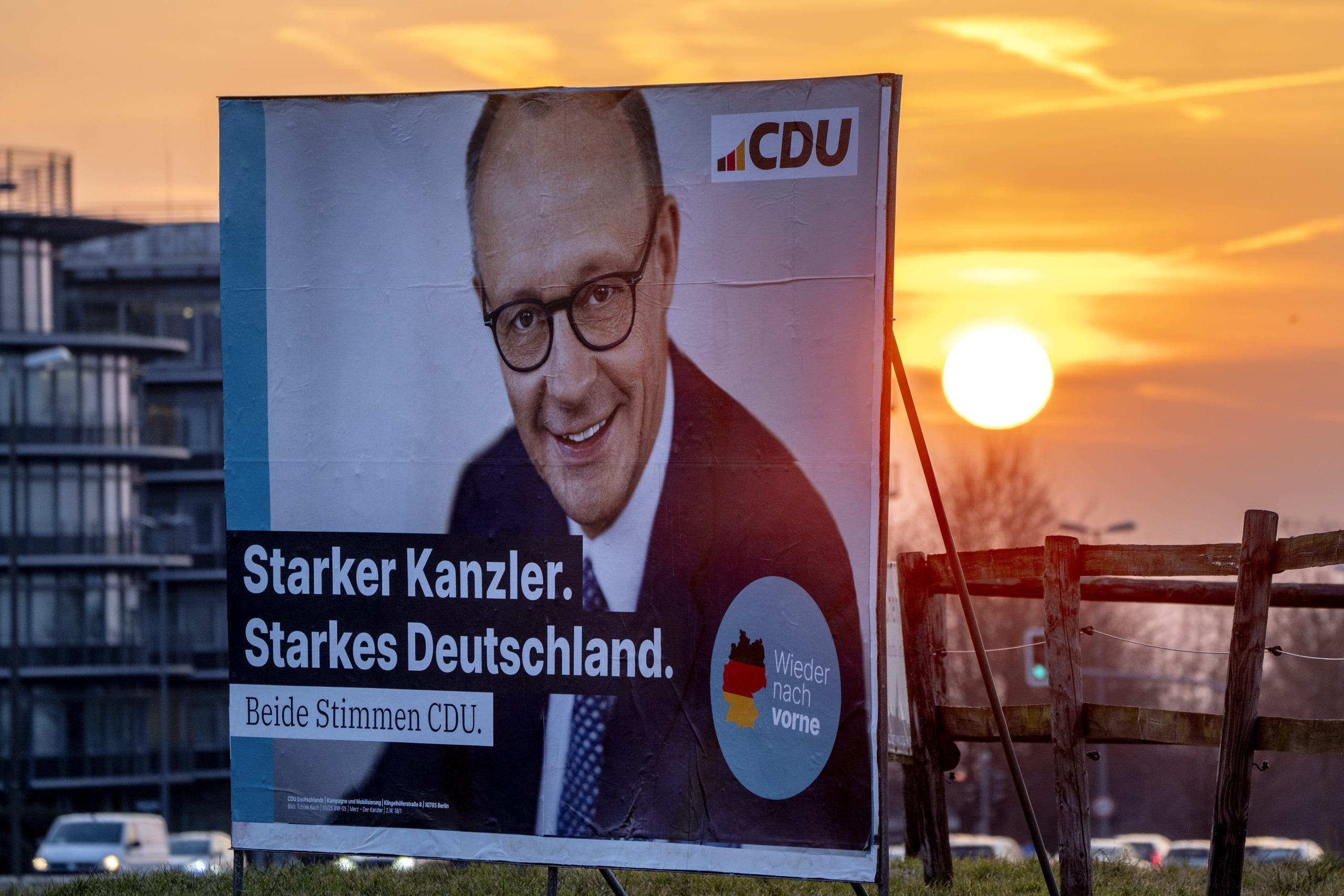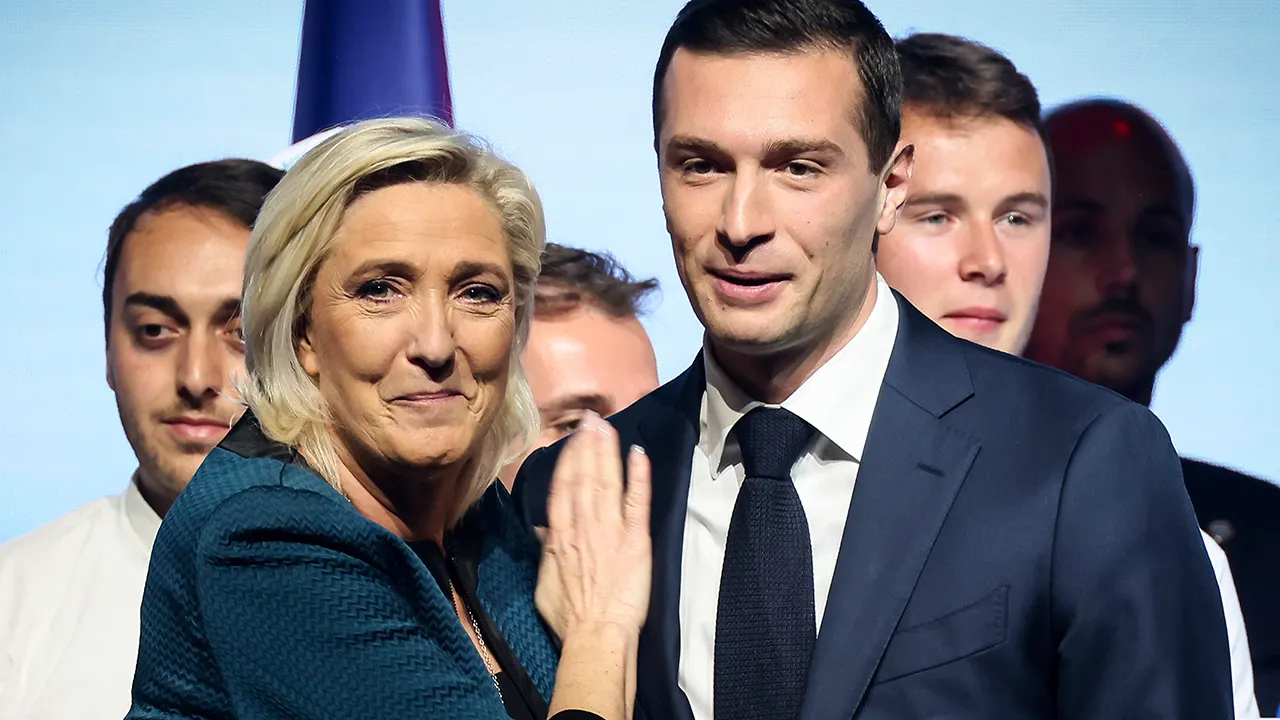Germany poised to elect conservative leader as country heads to polls on Sunday

Germans are heading to the polls on Sunday as the conservative Christian Democrats, led by Friedrich Merz, are poised to oust current Chancellor Olaf Scholz. However, Merz has already made it clear that he will not form a coalition with Germany’s right-wing populist Alternative for Germany (AfD) party.
The upcoming election in Germany has garnered international attention, with Vice President JD Vance and billionaire Elon Musk weighing in on the political landscape. Musk has openly endorsed the AfD as the party best equipped to address Germany’s economic challenges, sparking backlash from German politicians. Chancellor Scholz accused Musk of meddling in Germany’s democratic process.
In the midst of the election campaign, a stabbing incident in Munich prompted Musk to reiterate his support for the AfD on social media, claiming that only the AfD can save Germany. Vance also raised eyebrows by meeting with AfD leader Alice Weidel and criticizing the German government’s policy of isolating the AfD from mainstream politics.
The AfD is expected to make significant gains in the election, potentially becoming Germany’s second-largest political party. Despite being shut out of likely governing coalitions, the AfD’s influence on public opinion and policy debates cannot be underestimated. The party has capitalized on public concerns over immigration and security, advocating for stricter immigration laws in response to a rise in migrants in the country.
Merz has shifted the CDU’s stance on key issues like the economy, security, and immigration to appeal to voters who may be considering the AfD. While the AfD’s anti-Ukraine and pro-Russia stance may align with Trump’s foreign policy objectives, Merz and the CDU remain committed to transatlantic partnerships and support for Ukraine.
With the CDU leading in the polls, the election represents a potential shift in German politics following the collapse of Scholz’s coalition government. Economic challenges and public dissatisfaction have eroded Scholz’s popularity, paving the way for the CDU’s resurgence under Merz’s leadership.
However, the AfD continues to face scrutiny and controversy, with some members suspected of having ties to neo-Nazi groups. The party’s extremist factions have led to surveillance and legal action by German authorities, highlighting the challenges of far-right politics in the country.
As Germany prepares for a pivotal election, the outcome will not only shape the country’s domestic policies but also its international relationships and standing in the global community. The decision of German voters on Sunday will have far-reaching implications for the future direction of the country and its role on the world stage.




